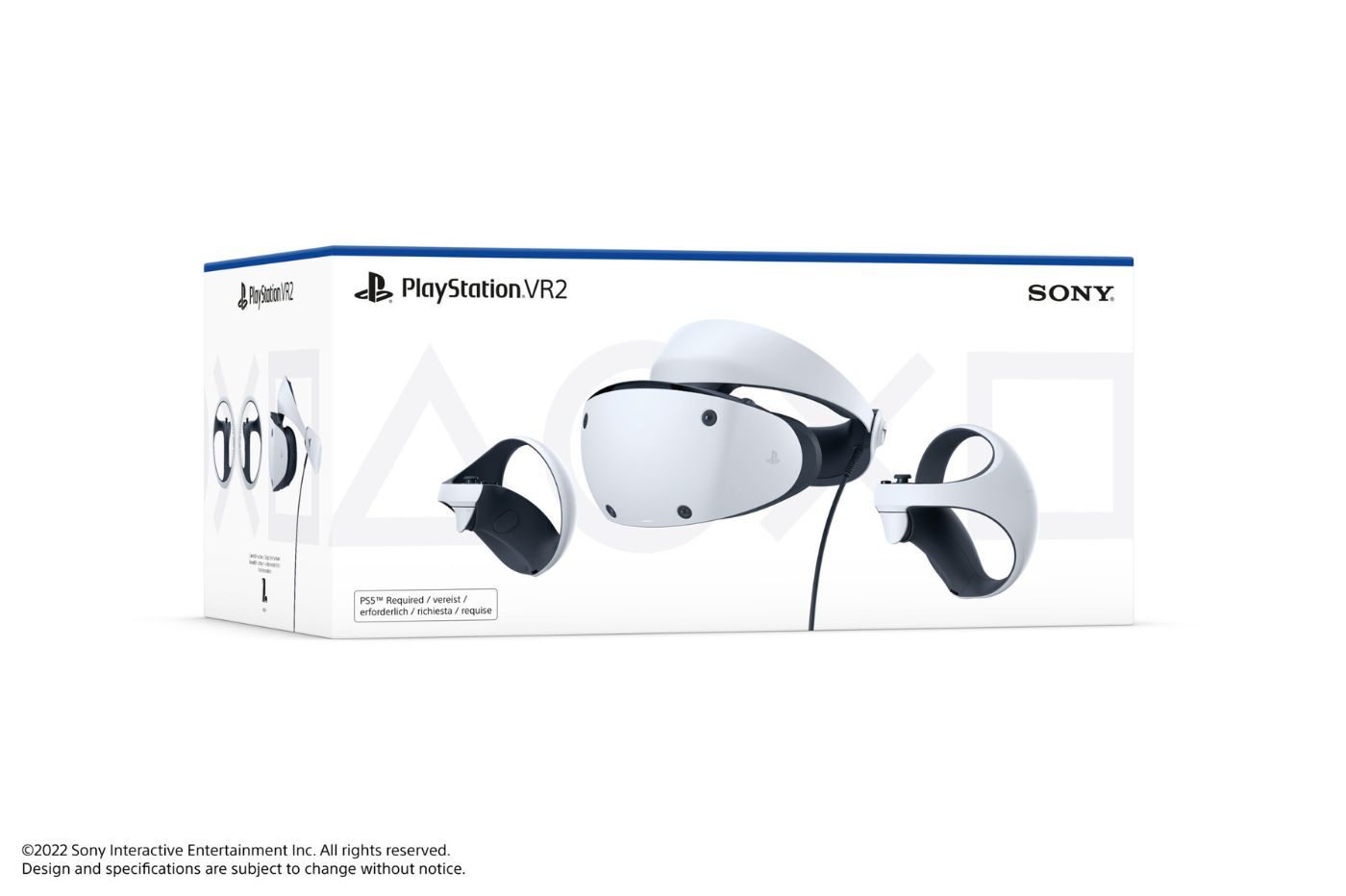After being re-elected last July, Ursula von der Leyen is preparing to begin her second term as president of the European Commission. The German leader has presented her new team before Parliament. We are talking about the 27 commissioners who will officially begin to carry out their duties on December 1.
Just like five years ago in that same place, von der Leyen outlined the main axes of her program and dropped some promises that did not go unnoticed. The leader of the most powerful institution in Brussels said that the first major initiative of her renewed Commission will be what she has called the “Competitiveness Compass.”
von der Leyen’s goal is to close the innovation gap with the US
Based on the Mario Draghi report, the president of the European Commission aims to “close the innovation gap with the United States”. In his speech he recognized that the community bloc is almost as good as the North American country when it comes to creating startups, but that it is behind when it comes to the development of these emerging companies.
“We are doing much worse than our competitors,” he said. In this sense, it has proposed research and innovation in science and technology as the center of the new EU economy. The strategy to achieve this, as he explained, will come hand in hand with a better approach and greater investment for small companies.
Von der Leyen has cited one of the reasons why European startups find it harder to develop. For the German leader, American startups can obtain financing throughout the United States. The Europeans, on the other hand, must “tackle 27 different national barriers”.

The Louise Weiss building of the European Parliament in Strasbourg, France
There are still no details on how the new Commission will do to break down these barriers, but it is clear that one of its missions will be to help the bloc’s companies prosper in an increasingly competitive environment. Ekaterina Zaharieva, who will be the block’s first startup commissioner, will play a leading role here.
“For Europe to catch up, we will also have to make things easier for our companies.”
We must make special mention of the regulatory section. The European Union has led a unprecedented crusade against big technology. As we pointed out some time ago, this has created a world where innovation goes at two speeds, and in the EU everything seems to go slower.
“For Europe to catch up, we will also have to make things easier for our companies. They tell us that the regulatory burden weighs heavily on them,” said the president of the Commission. Everything seems to indicate that changes are coming in a Europe that aspires to be more independent and competitive thanks to its economic strength.

The EU has managed to have the first regulations on artificial intelligence (AI) in the world, but most of the companies that are leading the rise of this technology are located in the United States. Europe, yes, has led in regulation. This is just one of the areas that could lead to substantial changes in the coming years in the bloc.
Images | European Union (Formerly Bendo) | Celeda (Wikimedia Commons)
In WorldOfSoftware | Teresa Ribera assumes the position of Vestager: a Spanish minister facing the enormous challenge of stopping Big Tech in Europe





/cdn.vox-cdn.com/uploads/chorus_asset/file/25761998/bg33.png)





